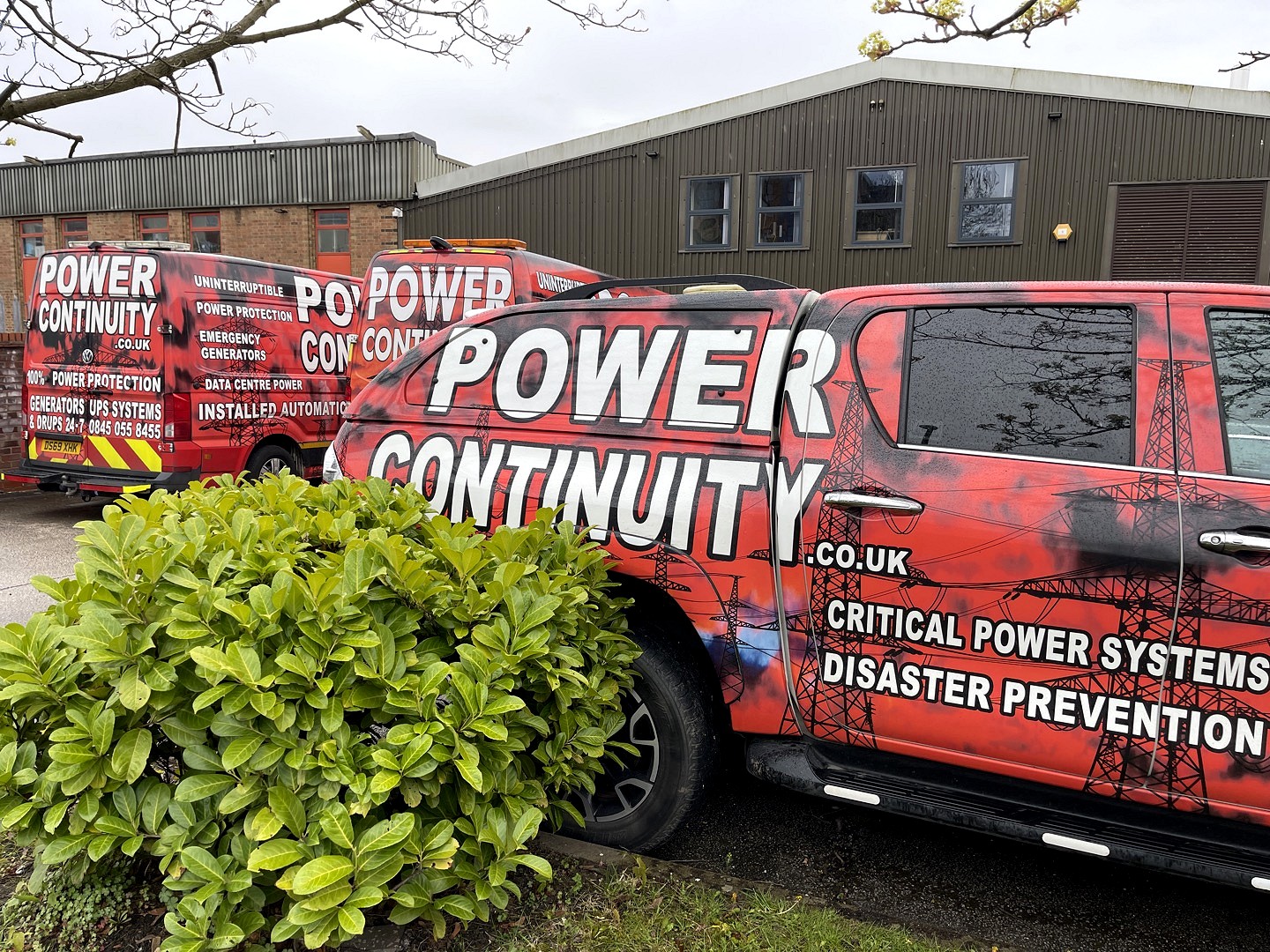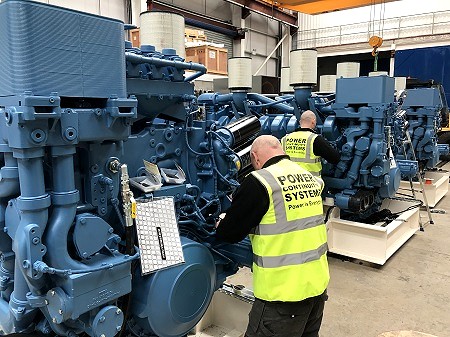Enhancing Safety and Reliability: The Importance of Emergency Power Systems Installed
In an unpredictable world, preparedness is key. Whether it’s a natural disaster, an unexpected power outage, or a critical infrastructure failure, having a reliable Emergency Power Systems Installed is more than just a precaution—it’s a necessity. These systems play a pivotal role in ensuring continuous operations, safeguarding lives, and maintaining essential services in times of crisis.
The Significance of Emergency Power Systems
Emergency power systems are purpose-built to provide a seamless transition during power interruptions. They serve as a safeguard against the potentially catastrophic consequences of power outages, offering a crucial lifeline for various sectors, including healthcare facilities, data centers, manufacturing plants, and even residential spaces.
One of the primary purposes of these systems is to ensure critical operations remain functional during emergencies. Hospitals, for instance, heavily rely on uninterrupted power to sustain life-saving medical equipment and procedures. Without a dependable emergency power system, lives could be endangered and patient care severely compromised.

Types of Emergency Power Systems
Several types of emergency power systems exist, each tailored to specific needs and scale. The most common systems include generators, battery backup systems, and uninterruptible power supply (UPS) units. Generators are often employed for larger-scale applications, while UPS and battery backups provide short-term power in case of abrupt outages, allowing systems to safely shut down or providing temporary power until generators kick in.
Moreover, advancements in technology have led to the development of more sophisticated and efficient emergency power solutions. Smart systems now allow for remote monitoring and automatic activation, minimizing response times and ensuring a swift transition to backup power.
Critical Industries and Emergency Power Systems
In critical industries like telecommunications, financial services, and transportation, uninterrupted power is imperative. Loss of connectivity or system failure, even for a brief moment, could lead to significant disruptions and financial losses. Emergency power systems act as a safeguard against such scenarios, ensuring these sectors continue functioning without compromising on service delivery.
Data centers, the backbone of the digital world, heavily rely on emergency power systems to maintain uptime. A momentary power glitch could result in data corruption or loss, affecting businesses, governments, and individuals worldwide. Robust backup systems are indispensable here to maintain data integrity and prevent service interruptions.
Residential Applications of Emergency Power Systems
Beyond industrial and commercial use, emergency power systems have found their way into residential spaces. Homeowners install backup generators or UPS units to ensure a continuous power supply during blackouts. In regions prone to severe weather conditions or frequent power outages, having such systems can provide peace of mind and comfort, ensuring basic necessities like lighting, heating, and refrigeration remain available.

Installation and Maintenance
The effectiveness of emergency power systems hinges on proper installation and regular maintenance. A professional assessment of power needs and system requirements is crucial to ensure the system meets specific demands. Regular testing and maintenance are equally vital to guarantee the system functions optimally when needed most.
Conclusion
The importance of emergency power systems installed cannot be overstated. They are the unsung heroes that maintain the continuity of vital services, protect lives, and uphold operations during unforeseen circumstances. From critical industries to residential spaces, these systems serve as a safety net, offering reassurance and functionality when the primary power source fails.
In a world where uncertainties loom large, investing in reliable emergency power systems is not just a prudent choice but a fundamental necessity. Their role in ensuring safety, reliability, and continuity in an unpredictable landscape is indispensable, making them an invaluable asset in our modern lives

Recent Post
What is The Meaning of a Medusa Tattoo?
January 9, 2025
The Meaning of Encanto in Spanish and Origin
January 4, 2025
Equivalent Phrases For “Including But Not Limited To”
December 30, 2024
How To Make Weekend Greetings More Fun?
December 30, 2024
10 Modern Sayings Similar To “Be There Or Be Square”
December 30, 2024








